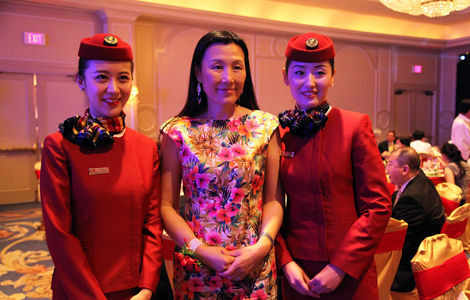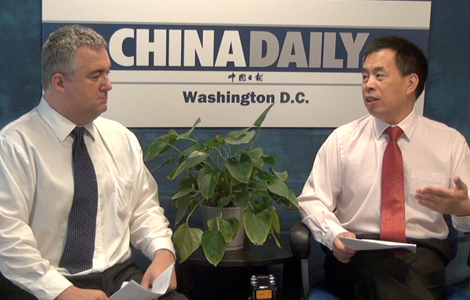Glaxo scandal: Symptom of a much larger ailment?
Updated: 2013-07-25 11:18
By Chris Davis (China Daily)
|
||||||||

The recent crackdown on shady dealings in China between big pharmaceutical companies and Chinese physicians and hospitals lays bare some of the problems with a health care system that has set an unprecedented huge challenge for itself. The blame for the scandal could lie with the system itself.
While recent reforms have extended health insurance to 95 percent of China's population, it's a "wide but shallow distribution", says Lawton R. Burns, a Wharton Business School healthcare-management professor who recently co-taught a course on China's healthcare system at Peking University's Guanghua School of Management. Most of those people never had insurance before and it's straining the delivery system, he said.
Burns said the reimbursements or rates for basic hospital services are fixed by the government "and they are pretty low" but "it's what makes a lot of basic healthcare affordable and accessible to the population", he said.
"On the one hand, while the government makes certain things cheap and affordable, on the other hand, it allows the hospitals to charge much higher prices for more sophisticated treatments, surgeries, procedures, devices, drugs," he said. "So hospitals lose money on the basic set of services, and make a lot of money on the second set of services."
So there are two parts to "this quote-unquote corruption" problem, he said. "I don't like to call it corruption," Burns said, "it's more conflict of interest."
Some of the monies coming into hospitals are incentive payments between hospitals and their physicians to maximize the use of - or increase the utilization of - services that increase reimbursements. "So there is some fee-sharing between the hospital, the departments the physicians work for and the physicians themselves," Burns explained.
The other part is that when products come in from the outside - especially Western products - "there can be some payments from the manufacturers to the hospitals, their departments and their physicians as part of a quid pro quo for using their products. And those fees get split and shared too.
"What we saw with the Glaxo case was not so much the monies going to the hospitals, but monies definitely going to the physicians to get them to prescribe the drugs," Burns said.
China is facing at least two "ticking time bombs" that Burns and his colleague, Gordon G. Liu, professor of economics at Peking University's Guanghua School of Management, talked about in their course.
China's aging population is a challenge that's only going to get worse. "Aging population is a worldwide challenge and phenomenon," said Liu, "that said, China's is more serious because of some policies that are unique in China." Namely, the one-child policy. According to the UN, a third of China's population, or 487 million people, will be over 60 by 2050, more than double today's number of 178 million.
"The percentage of the population that is really elderly is 8 to 9 percent, but it is growing very quickly because of the one-child policy, which is often referred to as "the 4-2-1 problem", meaning that, as people live longer, one child has to support two parents and four grandparents.
"The government is going to have to step in and provide all the old age assistance, nursing homes, long-term care and therapy services," he said.
The other "ticking time bomb", Burns said, are the long hours and stressful conditions many middle-aged men in China cope with. "Many suffer from hypertension and diabetes, and 30 to 50 percent of them smoke. All the Western diseases are showing up in China - the most popular Western restaurant now is Kentucky Fried Chicken - which means the country will have a growing problem with early onsets of chronic illnesses, comparable to the US."
Burns believes that one of the biggest impediments to healthcare reform in China is that so many medical centers tend to be run by political appointees, which leads to performance and governance issues.
As for the so-called corruption, "The government controls the prices on low-cost items to make them widely accessible and available," Burns says. "But because that hurts the hospital's bottom line, the government lets the hospitals charge much higher prices on high-tech equipment and offer more expensive drugs, devices and procedures. Patients end up paying the price - 50 percent of healthcare spending is out of pocket. And so there are kickbacks at various junctures in the delivery process: Hospitals get kickbacks from drug and device companies, and hospitals give a portion of these kickbacks to their doctors, he said.
Burns said it's not that anything has gone wrong with China's healthcare reform, "it's just way too early to say that the thing's worked".
Contact the writer at chrisdavis@chinadailyusa.com
(China Daily USA 07/25/2013 page2)
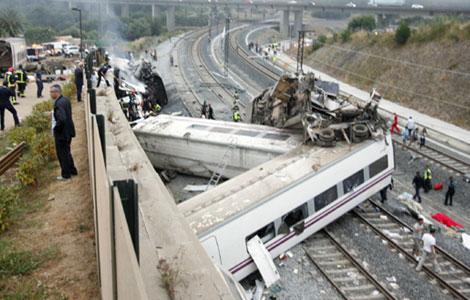
 Death toll in Spain train crash rises to 56
Death toll in Spain train crash rises to 56
 Royal baby named George Alexander Louis
Royal baby named George Alexander Louis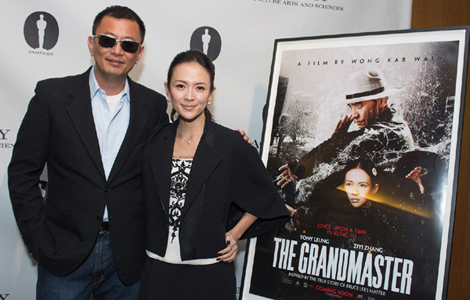
 'The Grandmaster' takes center stage
'The Grandmaster' takes center stage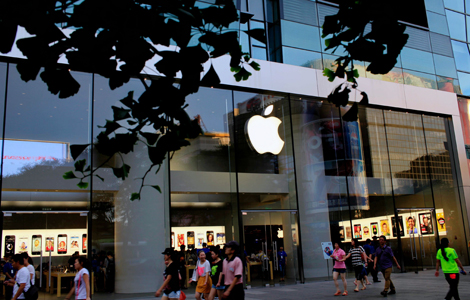
 Fewer Chinese consumers picking Apple's iPhone
Fewer Chinese consumers picking Apple's iPhone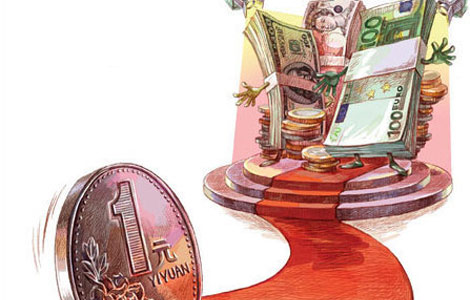
 Yuan: Financial capitals vying for top spot
Yuan: Financial capitals vying for top spot
 Little princes and princesses
Little princes and princesses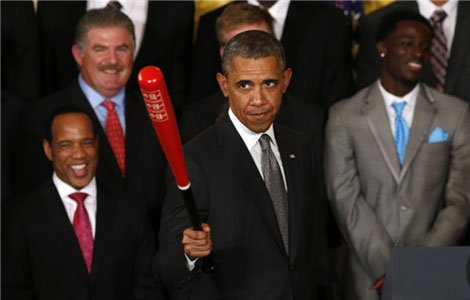
 Obama lauds Louisville in White House visit
Obama lauds Louisville in White House visit
 PLA special forces hold military contest
PLA special forces hold military contest
Most Viewed
Editor's Picks

|

|

|

|

|

|
Today's Top News
Bo indicted for bribery, corruption and power abuse
Snowden's hopes of leaving airport dashed
US extends review of Shuanghui, Smithfield merger
'Few hundred' at Manila anti-China rally
Obama, Congress both losing public support
Abe seeking to 'contain' Beijing
Li points way for railways reform
VP visits Pyongyang for 60th truce anniversary
US Weekly

|

|
